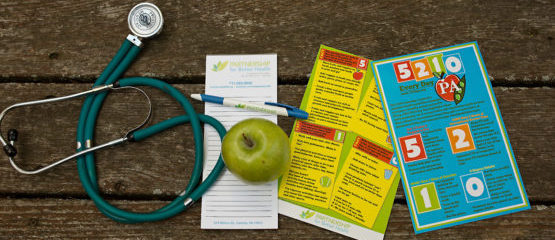The Partnership for Better Health is a reliable community resource for all things health and wellness. By providing educational information and tools, we help to ensure that individuals and organizations stay informed about today’s health issues, and we encourage you to take action to improve your health and the health of our neighbors.
Learn more about:
Community Health Programming Best Practices Guide
Health Equity 101- Digital Course



